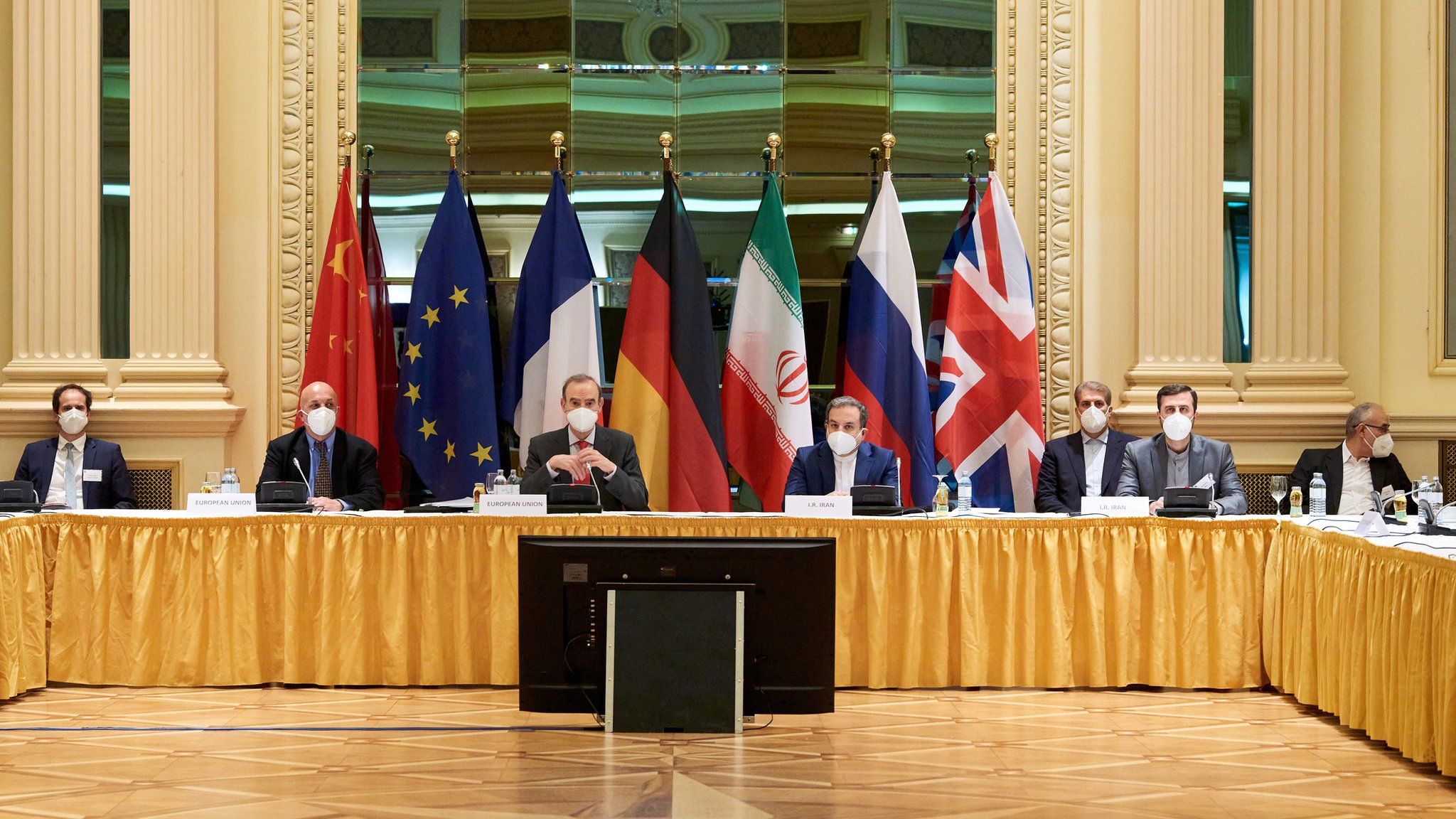The US May Set the Pace, but China Will Not Be Passive
The U.S.-led four-country partnership is trending toward the direction of a four-party-plus alliance, with Europe being the extra force Washington and Japan both want to add to the equation. It seems they have made some progress, at least where creating momentum by strengthening ties is concerned.
The Joe Biden administration's idea of strengthening its alliances by working together with other nations is an act of pandering to the Western world's unease about the challenge of the sudden rise of China. It is a move that carries some level of provocation. Some European countries are committed to the European Union’s strategic autonomy, not just to compete with the U.S., but also in the hopes of increasing their visibility and establishing a presence in China. Under the impetus of the U.S., the tricks and ploys against China from these various countries as well as the EU will start to increase.
The U.S. is the only protagonist in this major political game against China, but the nature and trend of it all is still uncertain. The most extreme politicians within the U.S. hope to start another Cold War, and so far there has been adequate political mobilization to do so. The conflict between the U.S. and China already bears some resemblance to a new Cold War. However, the allies the U.S. wish to pull together for support are still fragmented, and the U.S.’s goal of cutting economic ties and confronting China is still far out of reach.
China faces an unprecedented challenge in this strategic political game. It must fight firmly against Washington’s suppression and guard itself against the allies who assist the U.S. in carrying out anti-China policies. We must employ tit-for-tat measures when our core interests are being violated. At the same time, China must also be active in taking appropriate measures, whose effectiveness prioritizes our long-term goals, and avoid conflict that would be conducive to furthering Washington’s extensive mobilization in the West. China must prevent extremist politicians within the U.S. from controlling the situation so as not to play into their hands.
Political conflict between China and the U.S., even China and the West, is inevitable and both sides will gradually adapt to this kind of conflict. A future pluralistic world will not happen by accident, but will only be the result of struggle. China, of course, must adhere to its own political system and national path. No one can deprive us of this right.
At the same time China must take the initiative to ease the impact of political and security issues on the economy. China’s security challenges are mainly located in its immediate surroundings, but it is overall the strongest country in the entire region. Despite disruption from the U.S., it has a considerable amount of power that would allow it to actively face these security issues.
China has a particularly strong economy that continues to grow and is more proactive in easing the economic impact of political and security issues. In other words, as long as China opposes the dividing and decoupling of the world economy, the new Cold War agitators in the U.S. are unlikely to accomplish their goal.
It is critical that the people of China trust in the power of strategy. We must believe that no one can overpower us militarily, and that no matter how the U.S. chooses to strengthen its alliances, it will not be able to form another Eight Nation Alliance. It can only show off its power through the use of military exercises and declarations of freedom of navigation. One of its objectives is to consolidate the confidence of its allies, and strive for more strategic space in order to exert pressure on China.
We must also believe that China is strong enough to deal with any current and future complications. As long as we remain organized, the actual harm caused by various disturbances will be limited. China's greatest advantage is its ability to develop itself, and this strength will continue to provide China with all the necessary resources required to play out this political game.
At the same time, we must believe that ultimately facts speak louder than rhetoric. Although the public opinion of China in the U.S. and other Western nations is extremely poor, and they continue to endlessly slander and discredit us, as long as China continues to refrain from engaging in external geopolitical expansion or instigating conflict, and demonstrates a long-term commitment to equal and mutually beneficial cooperation between nations, most countries in the world, including many Western countries, will observe and come to understand. In the future, there will be various things that require China’s cooperation. The West’s acknowledgement of China cannot be blocked by the iron curtain of U.S.-led ideology.
In short, we cannot allow the U.S. to do as it wishes and drive the international situation in the direction of conflict. We must instead use whatever leverage and resources are at our disposal to unleash the diversity of the world. Because China is big, and will continue to get even bigger, it is possible for us to move the rhythm in a new direction.
We need both the will and ability to counter provocations, as well as the wisdom to prevent political disputes and general conflicts from evolving into strategic confrontations. The abundant political ideology passed down throughout history and the strong cohesiveness of its political system will help China withstand this unprecedented test.

